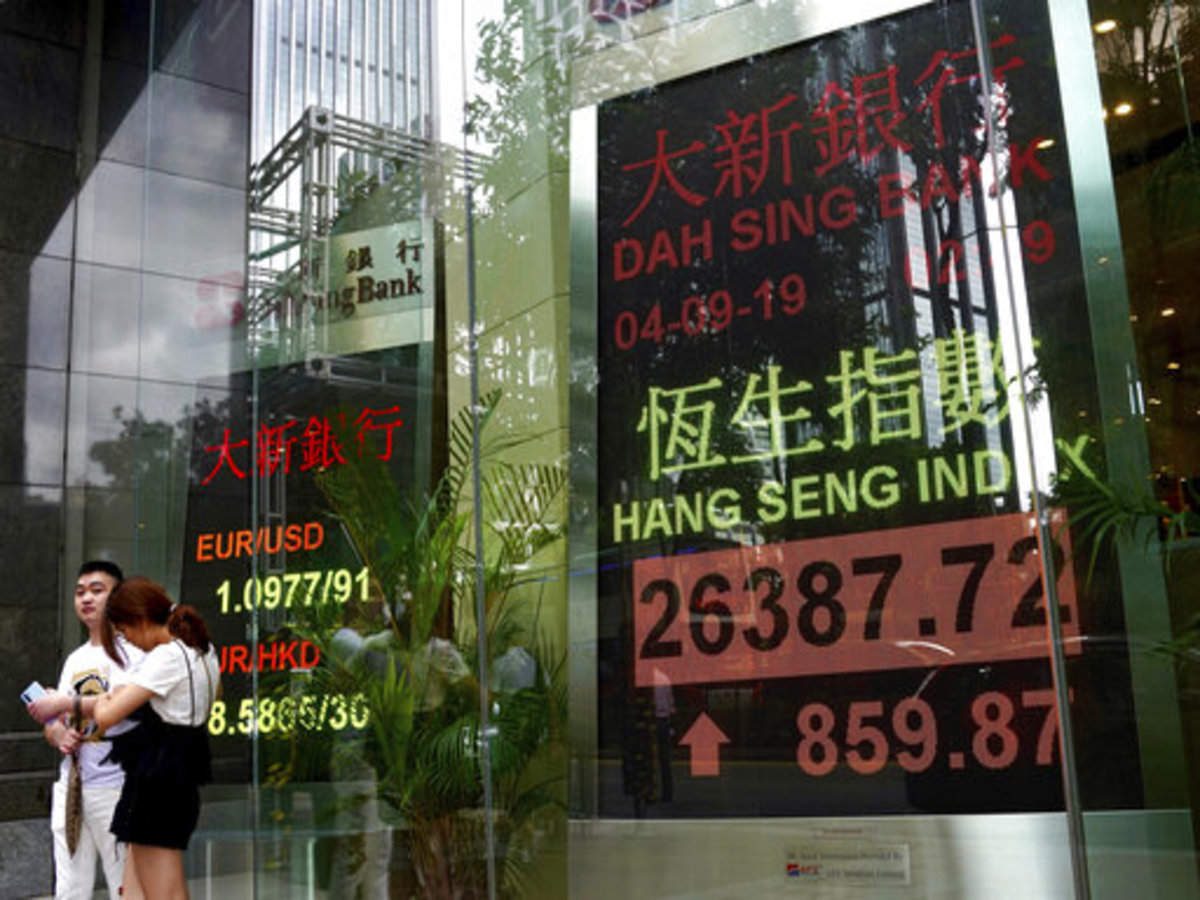
The world’s second-largest economy is reopening after a wave of unrest erupted in the face of China’s strict covid policies. The major cities of Shanghai and Hangzhou have eased restrictions, with both scrapping PCR testing requirements to enter outdoor public venues and public transit. Shanghai and Hangzhou join the capital Beijing, as well as the tech and manufacturing hubs of Shengzhen and Guangzhou, in the easing of pandemic-related curbs. Strict testing requirements and prolonged lockdowns have weighed on China’s economy and prompted displays of anger among the people. Chinese stocks have rallied at the news, with the Hang Seng up over 10% in the past week.
Crypto Giant Kraken to Lay off 30% of Workforce
The second largest cryptocurrency exchange in the U.S. is laying off 30% of its staff, or 1,100 employees, as contagion from the collapse of FTX continues spreading. Co-founder Jesse Powell has cited macroeconomic and geopolitical factors and a need to “adapt to current market conditions”. Layoffs have been rampant in the crypto industry as the price of digital assets like Bitcoin continues to spiral. Coinbase decided to cut headcount by 18% while Crypto.com cut 40%, or 2000 of its staff. Kraken is valued at US$10.8 billion. Elsewhere, ECB director Ulrich Bindseil has spoken out against Bitcoin, saying that the cryptocurrency was “on the road to irrelevance” due to its failure as a mode of payment.
OPEC+ Sticks to Planned Production Cut
The 23 oil-producing countries – led by Saudi Arabia and Russia – that make up OPEC+ have agreed to maintain its position on reducing oil production by 2 million barrels per day (bpd), ahead of an EU ban on Russian oil, as well as a G7 price cap. The cuts have been made to support oil prices, which have weakened in anticipation of the EU ban, as well as demand destruction from the slowing Chinese economy. The cut of 2 million bpd makes up roughly 2% of global demand.



